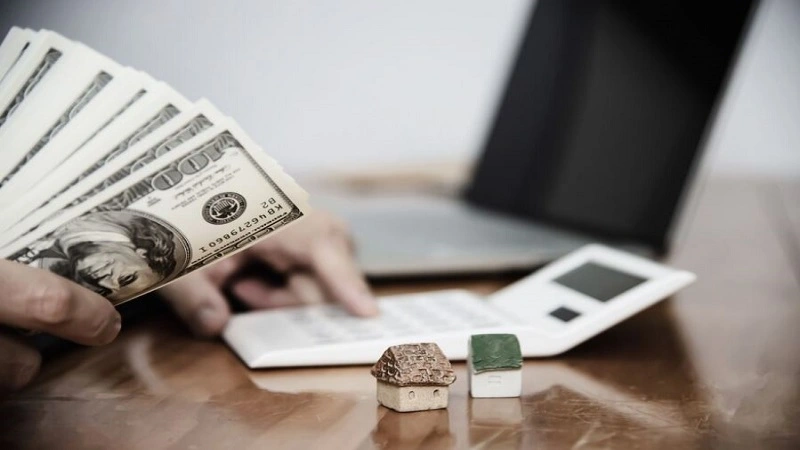Many individuals seek quick access to cash during financial uncertainty or unexpected expenses. One avenue that often gets overlooked is pawnshop loans. These loan approval in Singapore offer a unique solution for those needing immediate funds without the bother of credit checks or lengthy approval processes. Additionally, you can visit pawn shops for a loan to explore this alternative financing option further. This article details everything you need to know about these loans, including how they work, their benefits and drawbacks, and tips for maximizing their utility.
Understanding These Loans: How Does It Work
At its core, this loan is a secured short-term loan. You bring in an item of value – collateral – and the pawnbroker assesses its worth. They then offer you an amount, typically 25% to 60% of the appraised value. If you accept the terms, the pawnbroker holds onto your item securely until you repay the lending amount, plus interest and fees, within the agreed timeframe (usually 30 to 90 days). Repay on time, and you get your cherished belongings back. If you fail to repay, the pawnbroker can sell the product to recoup their losses.
Here’s a Breakdown of the Key Players:
Borrower: You, the individual seeking a loan.
Pawnbroker: A licensed professional who owns and operates the shop. They evaluate items, offer loans, and hold onto collateral.
Collateral: The valuable item you pledge to secure the loan. Jewelry, electronics, instruments, and tools are common examples.
What Can You Pawn:
These shops aren’t just for gold chains and dusty cameras anymore. While they deal in a wide range of items, there are some general guidelines:
Resale Value: The item should have a strong resale market, allowing the pawnbroker to recoup their investment if you default.
Condition: The better the condition, the higher the loan value. Scratched electronics or chipped jewelry will fetch less.
Legality and Documentation: Pawnbrokers are bound by law. You’ll likely need proof of ownership for certain items, and stolen goods will be rejected.
Some Commonly Pawned Items:
Jewelry: Gold, diamonds, and precious gemstones generally command reasonable loan amounts.
Electronics: Laptops, tablets, smartphones, and gaming consoles are popular, but condition is crucial.
Musical Instruments: Guitars, violins, and other instruments can be pawned, especially high-quality ones.
Tools: Power tools and specialized equipment can hold value for pawnbrokers.
Collectibles: Antiques, coins, and sports memorabilia can be pawned depending on rarity and market demand.
Remember that this isn’t an exhaustive list. It’s always best to contact your local shop to inquire about specific items.
The Pawn Shop Process: A Step-by-Step Guide:
So, you’ve decided to explore this shop for a loan. Here’s a roadmap for a smooth transaction:
Shop Around: Don’t settle for the first offer. Get quotes from several shops to compare loan amounts and interest rates.
Prepare Your Item: Bring your item clean and presentable, with any original boxes or documentation.
Negotiate: Pawnbrokers expect some negotiation on the lending amount. Be polite but firm in advocating for a fair price.
Understand the Terms: Before finalizing the deal, thoroughly read and understand the loan agreement. It includes the lending amount, interest rate, fees, and repayment deadline.
Know Your Rights: These shops are regulated, and you have rights as a borrower. Familiarize yourself with local regulations to ensure a fair deal.
Summing It Up:
Visiting pawn shops for a loan can be a valuable resource for individuals needing quick access to cash, especially when traditional lending options are unavailable. By understanding how pawn loans work, weighing their benefits and drawbacks, and following the tips outlined in this column, borrowers can make informed decisions about whether these loans are the right solution for their financial needs. However, it’s crucial to borrow responsibly and assess your ability to repay the lending amount to avoid the risk of losing valuable possessions.
